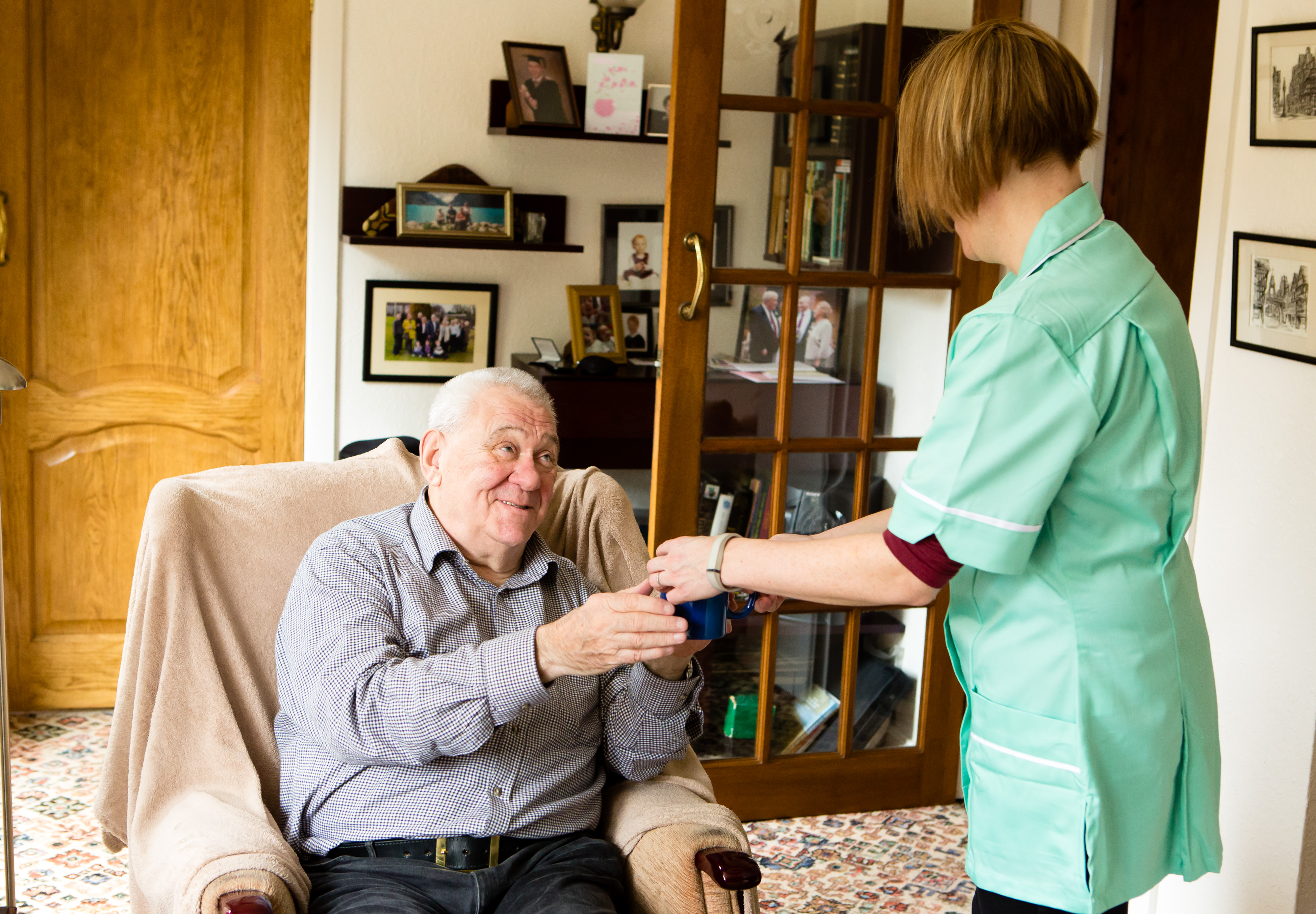
Community-based services’ importance is increasingly evident during the COVID-19 pandemic and lockdowns. Many support systems suffer from chronic underinvestment, affecting those who need already need daily care. If nothing changes, the consequences are likely to be devastating to the most vulnerable.
The European Commission, in consultation with the members of the European expert group (EEG) on the transition from institutional to community-based care, funded independent research to investigate progress in institutional and community care settings. Presented at the EEG conference In Brussels on 16 January 2020, the report offers a broad picture on situations, solutions and trends in care institutions and community living for vulnerable individuals. These include persons who are experiencing homelessness, disabilities or mental health problems, as well as children and older adults.
Key concerns and solutions from its analysis include:
- Person-centred support is the only way to help individuals with complex support needs to fully participate in their community
- In almost all countries, the lack of affordable community-based, social housing is one of the primary barriers to improving community living and combating homelessness
- Local funding remains an issue – national leadership is necessary to ensure quality community-based care
The report follows nearly a decade of research showing community-based care often provides better outcomes than institutions – as well as cost benefits. While this report is not fully representative, it could provide a better understanding of impacts of both policy and funding on the lives of EU citizens in need of support.
More information can be found via the full report



